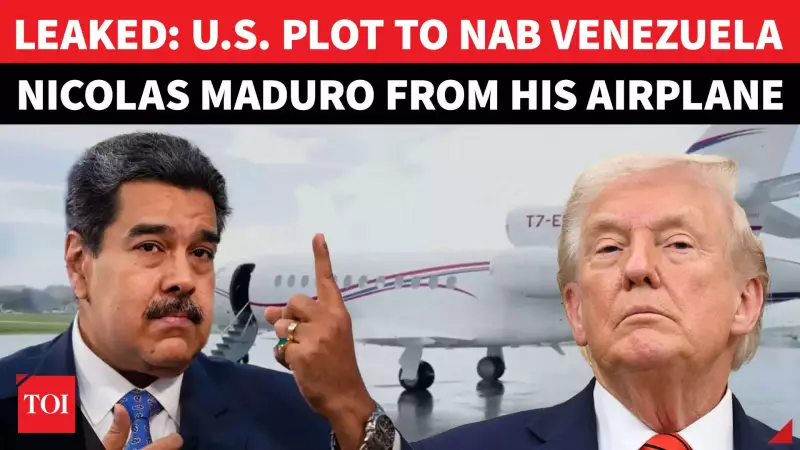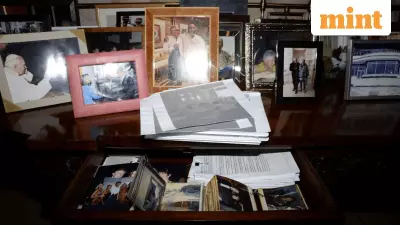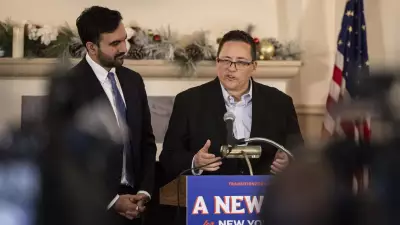
In a stunning revelation that has sent shockwaves through international diplomatic circles, a pilot has come forward with explosive claims about an alleged United States attempt to hijack Venezuelan President Nicolas Maduro's aircraft during an international flight.
The dramatic incident reportedly unfolded when the pilot of the presidential aircraft received unexpected communications from what appeared to be US authorities. According to the detailed account, the communication attempted to redirect the aircraft to a location controlled by American interests.
Mid-Air Crisis: How Events Unfolded
The pilot described receiving what seemed to be official instructions to change course during the flight. However, growing suspicious of the unusual nature of the communication, the flight crew decided to verify the authenticity of the commands through multiple channels.
"The timing and nature of the communication raised immediate red flags," sources close to the investigation revealed. "The pilot's quick thinking and professional skepticism potentially averted a major international incident."
Diplomatic Fallout and Reactions
This alleged attempt comes amid ongoing tensions between the United States and Venezuela. The US government has maintained a hardline stance against Maduro's administration, recognizing opposition leader Juan Guaido as the legitimate president until recently.
The revelation has sparked outrage in Caracas, with Venezuelan officials calling it "an act of air piracy" and "a violation of international law." Meanwhile, Washington has yet to issue an official statement addressing these specific allegations.
International Aviation Security Concerns
This incident raises serious questions about the security protocols surrounding heads of state during international travel. Aviation experts express concern about the potential vulnerability of official aircraft to unauthorized communications and interception attempts.
The international community is closely watching how this situation develops, as it could set significant precedents for diplomatic relations and the security of national leaders during foreign travel.





